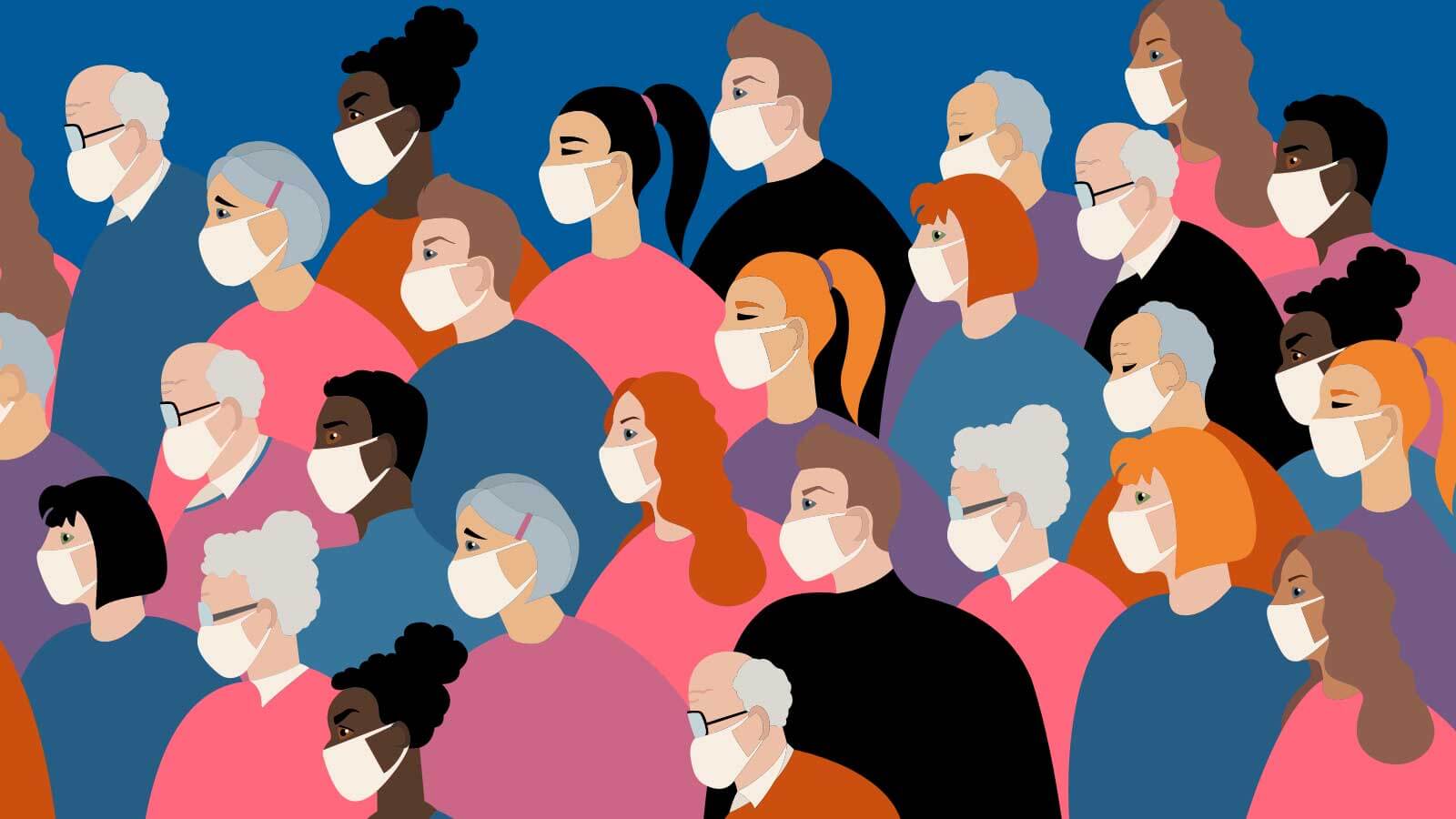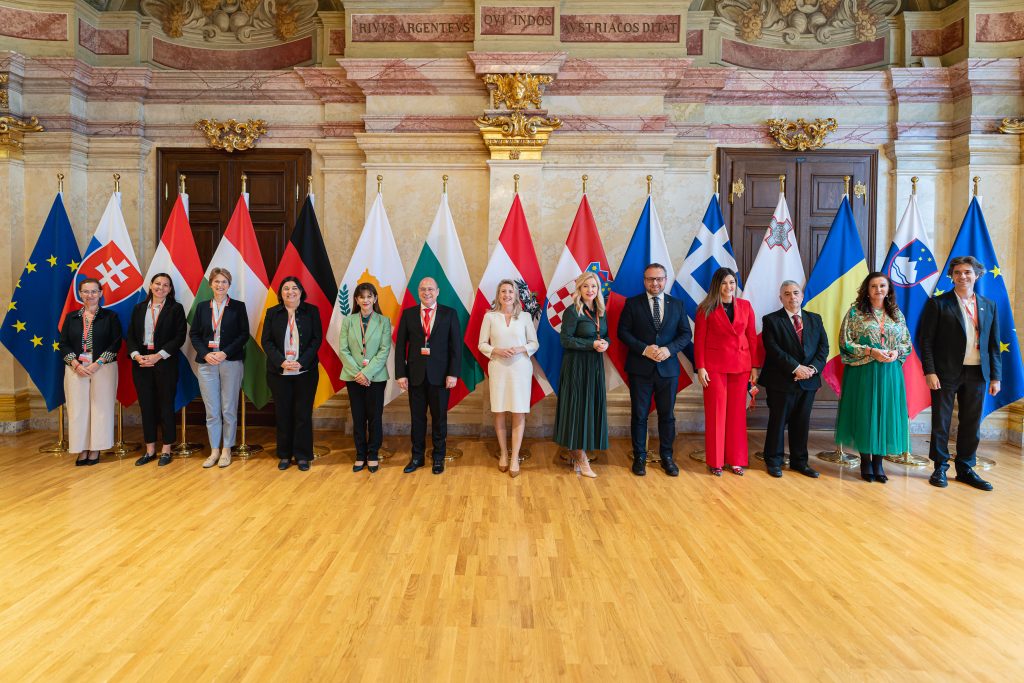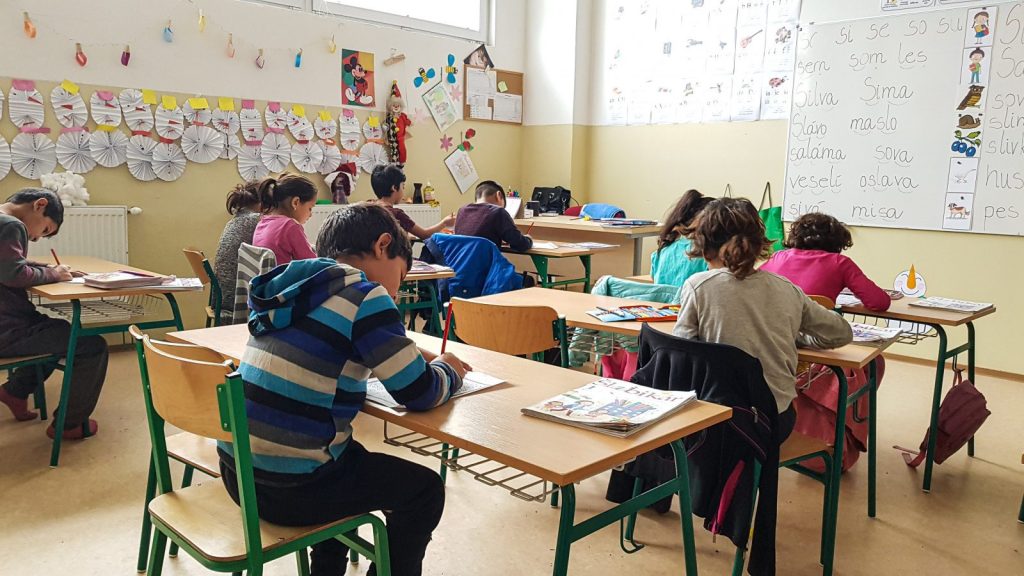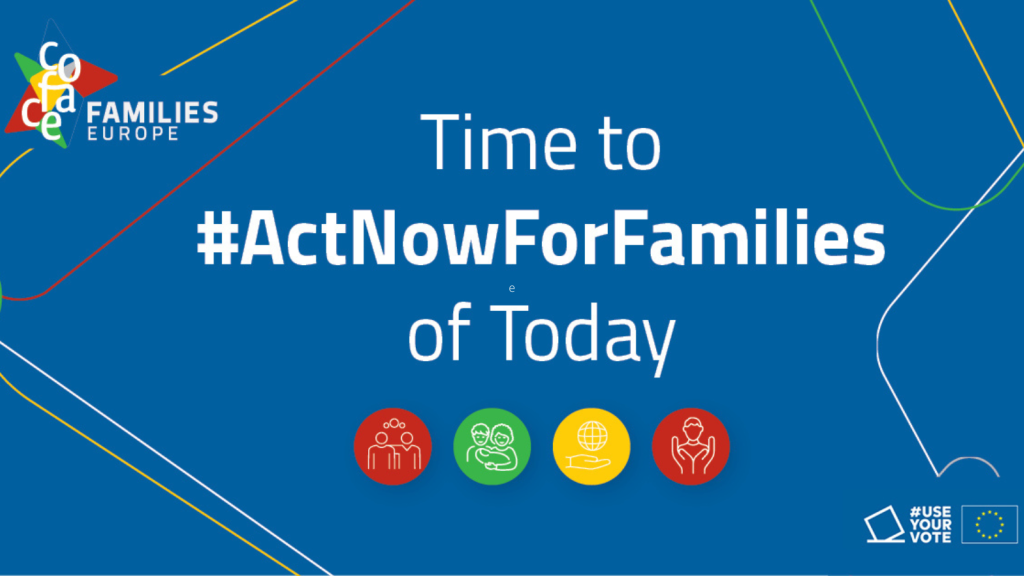A Synthesis Report has been produced by the European Social Policy Network (ESPN).
The European Pillar of Social Rights (EPSR) Action Plan published by the Commission on 4 March 2021 draws attention to the significant impact of COVID-19 on jobs and welfare systems across Europe.
In its Porto Declaration issued on 8 May 2021, the European Council recognises such challenges and underlines the EU commitment to continue deepening the implementation of the EPSR at EU and national levels, establishing among its key priorities:
- the need to reduce inequalities
- defend fair wages
- fight social exclusion and tackle poverty
- promote equality and fairness
- support young people and
- address the risks of exclusion for particularly vulnerable social groups
This ESPN report examines the (sub)national social protection and inclusion policy measures that European countries put in place to help address the social and financial distress created by the pandemic and by lockdown policies. It covers the 27 EU Member States, the 7 candidate and potential candidate countries, and the UK.
The report provides a description and assessment of the main measures implemented, an initial estimate of the overall expenditure on crisis measures as well as an analysis of the demographic, economic and social impact of the pandemic in the 35 countries covered.
It reveals an overall rapid reaction through the introduction of (mostly) temporary measures – primarily relaxing eligibility conditions, increasing benefit levels and creating new ad hoc social and job protection schemes.
These emergency measures helped avert a massive social crisis and some would have seemed impossible one year previously. Yet they also highlighted weaknesses and gaps in existing social protection and inclusion policies, and the pressing need to address these.
Although these measures were the main tools used to tackle the socio-economic impact of the pandemic, the report underlines their limited transformative potential for countries’ social protection systems. The report proposes a series of specific actions that could usefully be considered at national and/or EU level.
More information here.
Photo: ©dymytrobsnak via Canva.com





